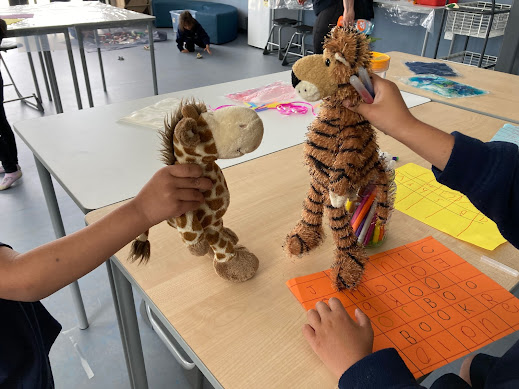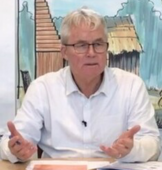Dialectic Teaching with Susan Sandretto
Dialectic Teaching with Susan Sandretto
In March, I was privileged to talk via Zoom to Susan Sandretto from the University of Otago about Dialectic teaching. This meeting was planned to support me in reaching my appraisal goals.
I have found out my notes from that meeting and have started to think more about how to implement dialectic teaching into my practise.
Main points from our Zoom Meeting:
- We make a distinction between talk rules (Talanoa) and talk moves and learning goals.
- Less is more. Build a foundation and layer up. Don't try to do it all at once.
- The default teaching method is often IRE (initiate, respond evaluate). This is only really effective for revision - not new thinking and learning.
- Pick a focus from the Talanoa rules or talk moves. Review at the end, "What did we get better at?" This promotes metacognition.
- Create a checklist in a modelling book. Include the learning goal and the talk moves that will help us achieve hat learning goal. (e.g. eye to eye, knee to knee)
- Model the talk moves yourself first
- We picked three talk moves to work on:
Say more - encouraging more than a 'correct' answer
Think time - e.g. take a drink while students think before anyone can answer. Including time for students to write down their thoughts
Wait time - saying, "we give each other time," when a student is taking their turn.
My plan was to pull aside a small group of students to work alongside me as I learned more about the talk rules and talk moves. A few days later, we were into Lockdown 1. So now I'm re-looking at how I can continue this learning. More about that in the next blog post.



Hope you can pick this up again possibly next term. Having those dialogues in any subject is so powerful. Can't wait to hear how it went.
ReplyDeleteIt’s great that you’ve stumbled across this again. I can see those three things being really challenging for some members of room 2 but also would make an amazing shift in their listening, participating and contributing skills.
ReplyDelete